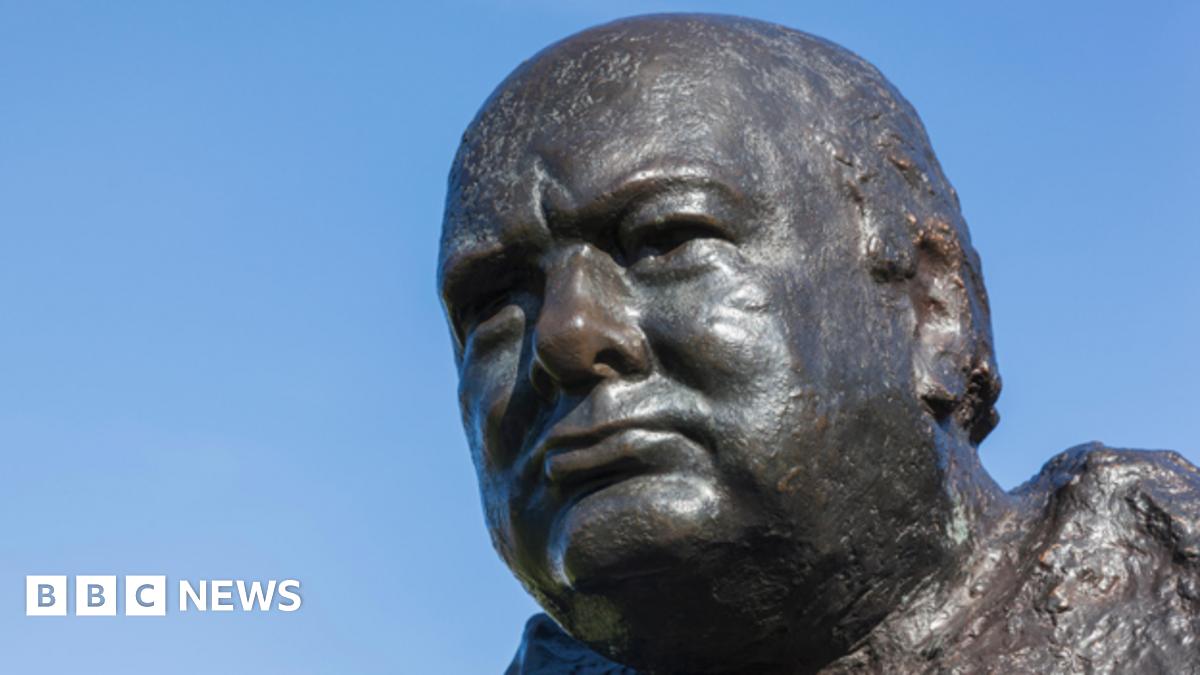There are certain to be a lot of events, including TV and radio programmes, commemorating the 50th anniversary of the death of Churchill in 1965. It will also be the 70th anniversary of his greatest triumph, the Allied victory first against Germany in May and then Japan in August - though also this was the year of a colossal domestic electoral defeat. Unsurprisingly the tone will be predominantly one of celebration, as in this collection of mainly archive programmes from the BBC:
But his role in the Second World War was but one part - a hugely significant one - of his long political (and military) career. I am not normally an admirer of Simon Heffer's writings, but this article I think helps to put Churchill's public life in a wider context, and shows inter alia the failures and at times horrendous misjudgements that bedevilled it:
Two strains are I think consistent in Churchill's temperament and philosophy throughout his public life: firstly, an affinity for belligerence, a positive relish for conflict - which Heffer brings out in this article, and which David Reynolds has alluded to in programmes about him - and also a lasting belief in the British Empire, right from his earliest involvements as a soldier in imperial battles in the late C19 (he was in a cavalry charge at Omdurman). Reynolds has even argued that this second obsession distorted Churchill's military strategy in the later stages of the 2nd World War by leading him to focus excessively on the African/Mediterranean "soft underbelly" rather than the preference of his American allies for an earlier frontal assault in western Europe.
It's right that Churchill will be lastingly remembered for his great contribution to the existential struggle against fascism. But I hope that this year's commemorations will also present a more rounded portrayal of this complex figure.
But his role in the Second World War was but one part - a hugely significant one - of his long political (and military) career. I am not normally an admirer of Simon Heffer's writings, but this article I think helps to put Churchill's public life in a wider context, and shows inter alia the failures and at times horrendous misjudgements that bedevilled it:
Two strains are I think consistent in Churchill's temperament and philosophy throughout his public life: firstly, an affinity for belligerence, a positive relish for conflict - which Heffer brings out in this article, and which David Reynolds has alluded to in programmes about him - and also a lasting belief in the British Empire, right from his earliest involvements as a soldier in imperial battles in the late C19 (he was in a cavalry charge at Omdurman). Reynolds has even argued that this second obsession distorted Churchill's military strategy in the later stages of the 2nd World War by leading him to focus excessively on the African/Mediterranean "soft underbelly" rather than the preference of his American allies for an earlier frontal assault in western Europe.
It's right that Churchill will be lastingly remembered for his great contribution to the existential struggle against fascism. But I hope that this year's commemorations will also present a more rounded portrayal of this complex figure.




Comment